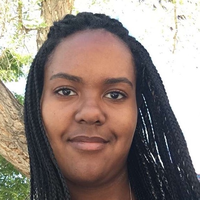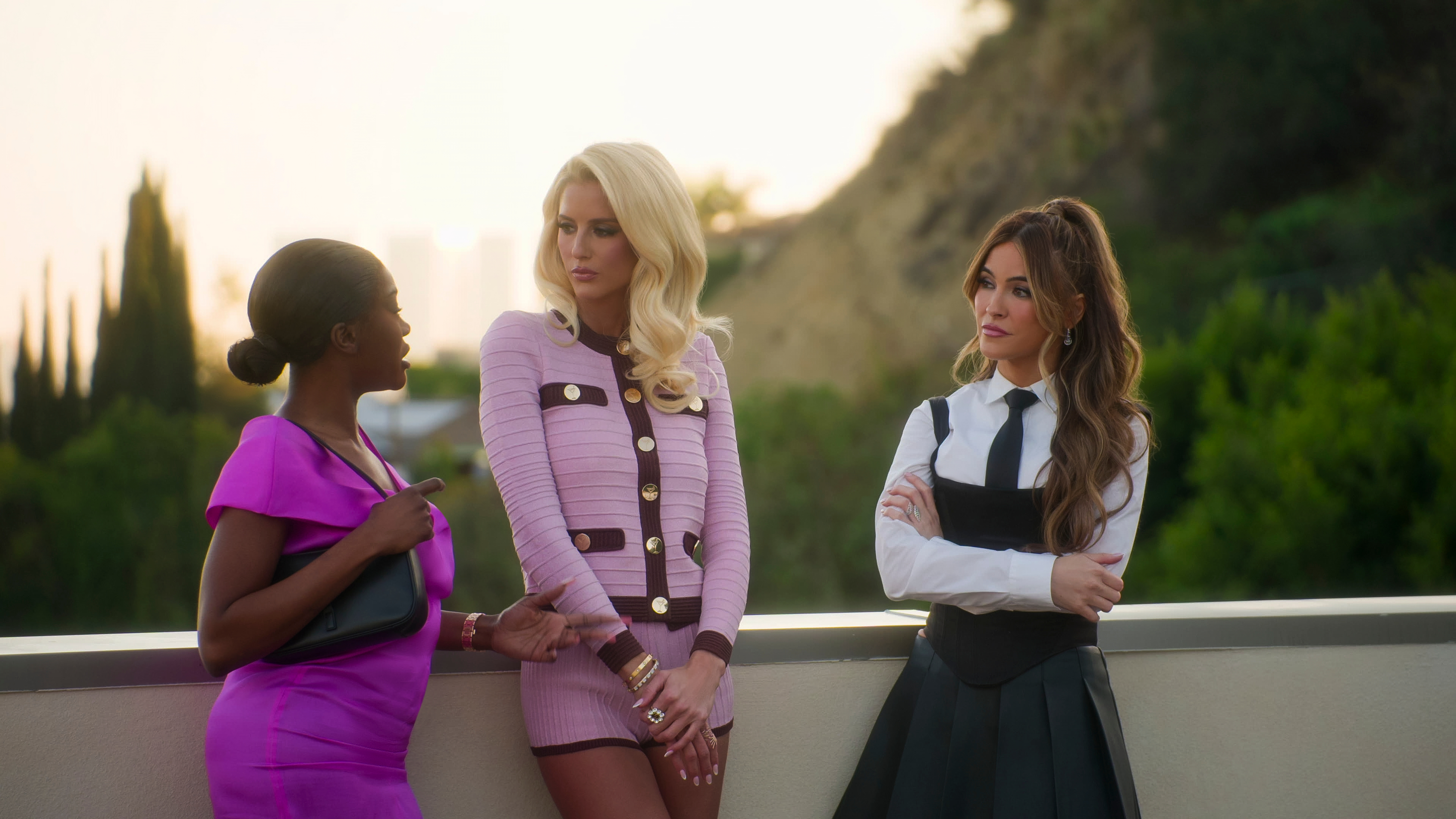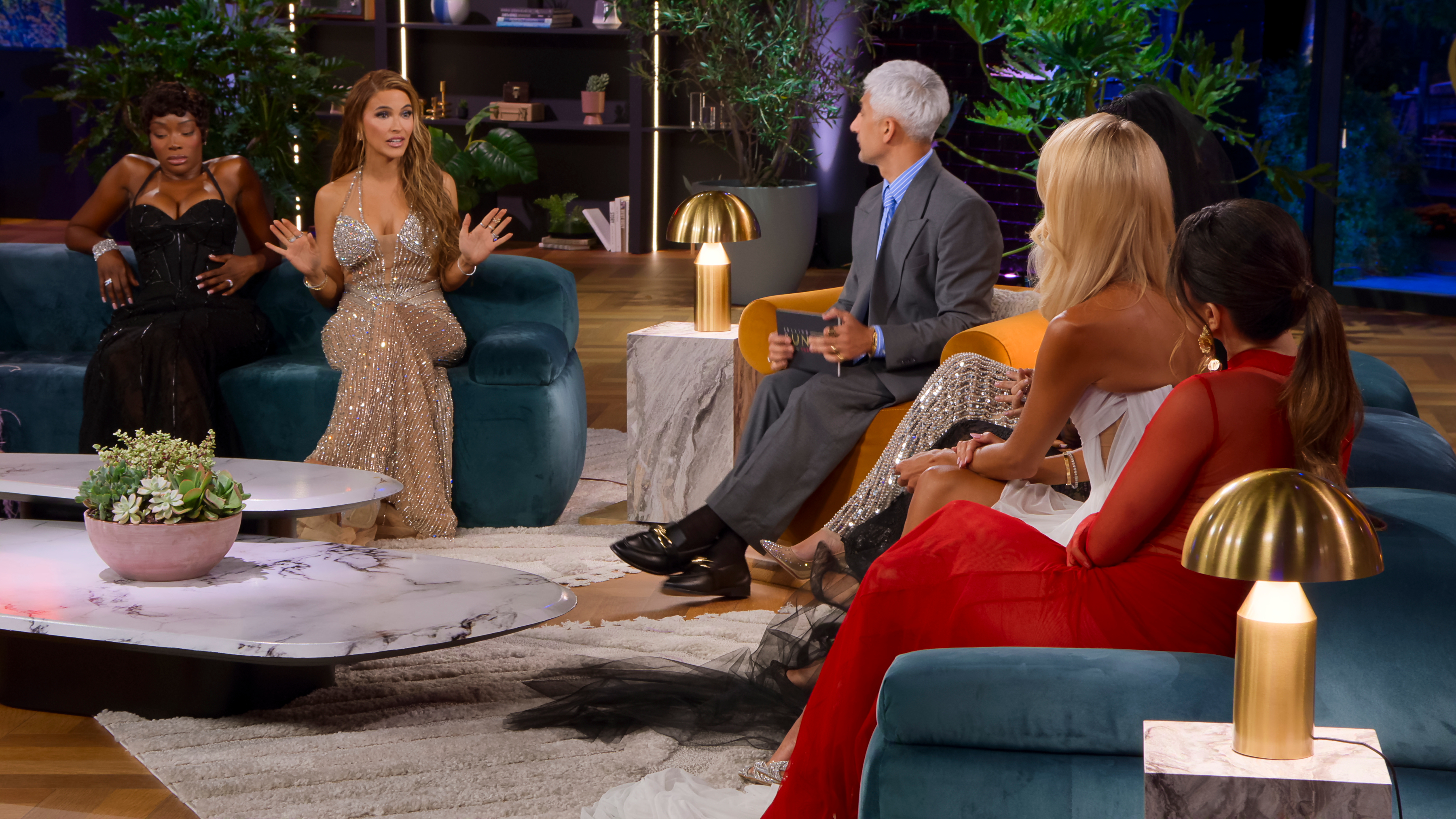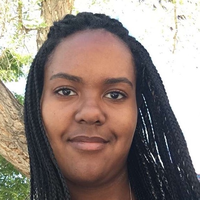Netflix's 'Selling' Franchise Has a MAGA Problem
'Sunset' and 'The O.C.' would love to remain apolitical. They can't.


Select the newsletters you’d like to receive. Then, add your email to sign up.
You are now subscribed
Your newsletter sign-up was successful
Want to add more newsletters?

Delivered daily
Marie Claire Daily
Get exclusive access to fashion and beauty trends, hot-off-the-press celebrity news, and more.

Sent weekly on Saturday
Marie Claire Self Checkout
Exclusive access to expert shopping and styling advice from Nikki Ogunnaike, Marie Claire's editor-in-chief.

Once a week
Maire Claire Face Forward
Insider tips and recommendations for skin, hair, makeup, nails and more from Hannah Baxter, Marie Claire's beauty director.

Once a week
Livingetc
Your shortcut to the now and the next in contemporary home decoration, from designing a fashion-forward kitchen to decoding color schemes, and the latest interiors trends.

Delivered Daily
Homes & Gardens
The ultimate interior design resource from the world's leading experts - discover inspiring decorating ideas, color scheming know-how, garden inspiration and shopping expertise.
In the past two weeks, Netflix’s reality shows Selling Sunset and Selling the O.C. both returned for their first seasons since the 2024 election. It’s a distinction the series seemingly would like you to ignore.
Since Sunset premiered in 2019, the frothy show and its spinoffs have served as escapism. Viewers are kept entertained by a fair share of house porn and the interpersonal drama between luxury realtors; the only times current events, such as L.A.’s mansion tax and the disastrous 2025 brush fires, are discussed on the show is when they affect the cast’s business. But with their 2025 seasons, the Selling franchise hits the same inflection point as the rest of the country: The bubble keeping politics out has burst.
Selling Sunset viewers missed a lot of context if they tuned into season 9 without following the off-camera drama that developed between when filming wrapped in February and the October 29 premiere. The new episodes introduce Blake Davis, cast member Emma Hernan’s on-again-off-again boyfriend. In his one scene on camera, Blake is presented as a wealthy man-child who eschews vegetables but loves Emma; a cliché, yes, but nothing strong enough to warrant her best friend Chrishell Stause’s fervent campaign for Emma to dump him. But social media-savvy fans knew that shortly after production ended, Chrishell revealed the dissolution of her friendship with Emma via an Instagram comment describing Blake as Emma’s “MAGA bf” who allegedly uses racist and homophobic language.

Chrishell Stause (right) ended her friendship with Emma Hernan (center) after Selling Sunset season 9 completed filming.
Chrishell and Emma’s offscreen friendship breakup was the biggest question for fans heading into the season 9 reunion. There, the cast seemed to conclude that Chrishell was in the wrong. The majority of her costars argued that she had crossed a line—and, as Time pointed out, broke the “first rule of reality-soap stardom”—by publicly associating Emma with a political movement in a way that could affect her business.
Nobody agreed with Chrishell that if Emma didn’t want to be associated with her boyfriend’s offensive views, then maybe she shouldn’t date him. They also wouldn’t stand by her when she pointed out that Emma was more upset with Chrishell for paraphrasing Blake’s views than with Blake for having them. While everyone piled onto Chrishell for being a bad friend, they ignored the fact that, as a queer woman with a nonbinary partner, her decision to distance herself from Emma is less an act of abandonment and more one of self-preservation. (Two days after the reunion’s airing on November 5, Chrishell announced her departure from the series.)
All in all, Chrishell’s LGBTQ+ identity was only a small part of a conversation. One could write off this omission to poor hosting or a cast that doesn’t naturally have a political lens. But the reunion also ignored any mention of the alleged racial microaggressions that Chelsea Lazkani faced from Mary Bonnet. With that in mind, it feels like an active production choice.
In a recent interview with Variety, Chrishell claimed that Sunset’s producers don’t want to cover “heavy topics,” alleging they have a “fear of [the show] going into a storyline of racism or homophobia.” She has also accused the Netflix series of cutting footage discussing Bre Tiesi’s alleged use of a transphobic slur. When Chrishell wrote “MAGA” in that Instagram comment, she ensured that the season 9 reunion couldn’t avoid addressing that necessary context. The show still did its best to ignore the nuances at play here, but many viewers didn’t. And they've been more than willing to come to Chrishell and Chelsea’s defense.
Get exclusive access to fashion and beauty trends, hot-off-the-press celebrity news, and more.

Chrishell (above, center left) gives her take on the friendship breakup. Also pictured, from left: Chelsea, Tan France, Emma, and Sandra Vergara.
As with its predecessor, social media impacted the public reception of Selling the O.C. long before it returned for its fourth season. In September, following the shooting of Charlie Kirk, original cast member Alex Hall posted an Instagram Story calling the controversial political commentator “the MLK of our generation.” (Before his death, Kirk notoriously called Martin Luther King, Jr., an “awful” person and decried the passage of the Civil Rights Act of 1964.) Selling the O.C. has always been seen as the conservative sister to Sunset, but viewers must follow the cast on social media to get the specifics on their political views. However, the cast have become increasingly vocal about their beliefs, and incidents like Alex’s Kirk post have gone viral in the past year—and many superfans seem to be reaching the point of no return.
Considering the controversy sparked by Alex’s post, it feels a bit like whiplash that Selling the O.C. season 4, released on November 12, positions her as the now de facto star. Over eight episodes, the “last Alex standing” goes from being a sage mentor to new addition Fiona Belle, to the clear victor in a feud with new villain Ashtyn Zerboni, to the winner of an arbitrary best-realtor contest over Polly Brindle and Gio Helou, despite spending the season focused more on romantic storylines than real estate. Compare that to O.C.’s sole Black cast member, Brandi Marshall, who is only ever seen during obligatory work events and in-person days at the office. It’s clear who the show prioritizes.

Alex Hall's controversial post on Charlie Kirk drew harsh criticism from members of the Selling subreddit.
Selling the O.C. and Selling Sunset’s twin political controversies have capped off a year in reality fandom where unscripted television is no longer a politics-free zone. Docu-soaps are often supposed to sustain a capitalist fairytale, where any viewer can find someone to relate to and cheer for among the cliques. But as politics becomes more stratified and everyday people find their rights threatened, even the casts of these series haven’t been able to escape from the changing world. And it says something when the cast members who want to discuss issues like racism and homophobia find their voices diminished.
In an age when consumer activism intersects with the attention economy, many weigh up whether to support institutions with opposing political views. That's likely only news to people like Selling’s main cast, who have the wealth and privilege to remain in apolitical bubbles—but the average viewer doesn’t always simply agree to disagree. Words like "racism" and "MAGA" may be off-limits in the Selling universe, but viewers have the discernment to see what goes unsaid.

Quinci LeGardye is a Culture Writer at Marie Claire. She currently lives in her hometown of Los Angeles after periods living in NYC and Albuquerque, where she earned a Bachelor’s degree in English and Psychology from The University of New Mexico. In 2021, she joined Marie Claire as a contributor, becoming a full-time writer for the brand in 2024. She contributes day-to-day-content covering television, movies, books, and pop culture in general. She has also written features, profiles, recaps, personal essays, and cultural criticism for outlets including Harper’s Bazaar, Elle, HuffPost, Teen Vogue, Vulture, The A.V. Club, Catapult, and others. When she isn't writing or checking Twitter way too often, you can find her watching the latest K-drama, or giving a concert performance in her car.